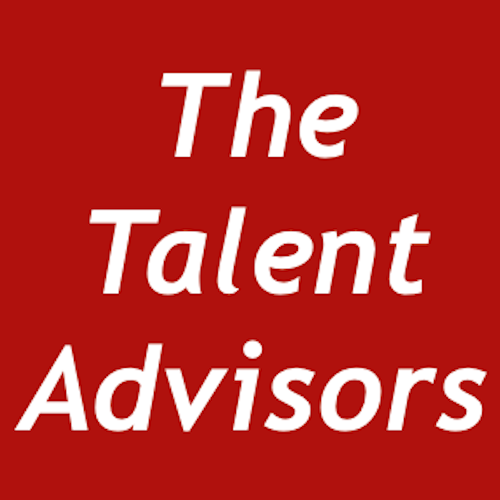MINDSETS IN THE BOARDROOM MATTER
This article is part of our Insights For Action series. Join the mailing list to receive this and more.
A board should be a high-performing entity with shared authority and collective accountability. Requisite board skills beyond knowing an individual director’s legal duties, reporting requirement and governance responsibilities are: deep technical or functional expertise, sound sector knowledge, risks and risk appetite assessment, the ability to read and comprehend company accounts, compliance and financial materials as presented to boards.
Given organisations are seeing rapid shifts in customer, competitor, governance, cyber, climate, geopolitics and employee trends, without a focus on certain capabilities and the letting go of others, the board may not meet these complex challenges.
Executives aiming for the boardroom will need to hone more than executive skills and a technical specialty. The real transition requires a shift of mind-set for insight, foresight and oversight.
For the board it means a shift in mind-set. For the individual director, ‘how’ they make a contribution in the boardroom is as important as the ‘what’ of their governance demands and intellectual confidence.
Critical thinking, being engaged, acting with integrity, good judgment and astute questioning all help work through a board’s stress points. Consider the following:
Transformation and change management: groupthink is one of the unintended consequences of a collegiate board. Good directors see the organisation as a connected system. They look for the ‘why behind the why.’ They bring clarity to the interplay between the external marketplace and the internal operating systems, including culture. They see the ‘whole’ of any situation or opportunity as solutions involve interdependence. Organisational change work succeeds with an understanding of the nexus between process, people, behaviours and transition.
Strategic direction and choices: applying strategic thinking to strategic process and strategic choices helps develop a more robust future direction that links back to the organisation’s core purpose. It requires awareness of the unintended consequences of certain actions; to use analytical skills, to know when to change or innovate; to identify the tipping point.
Complexity and uncertainty: board work deals with the grey areas and the spaces in-between. Often it is the resolution of ambiguity and opposites that challenge strategic thinking: process versus outcome; social purpose versus financial impact; diversification versus specialisation; growth versus consolidation; artificial versus human. The lens by which risks or issues are viewed is fundamental for the making and taking of better board decisions.
Delayering: directors need to quickly assimilate and synthesise complex information and develop a broader view of the major risks to a business. While the role of governance and the role of management differ, neither detachment at one end of the spectrum nor micro-management at the other is ideal. In particular, good directors have learnt how to ask the right questions, in the right way, to uncover needed information. This helps identify when to control and when to empower.
Group dynamics: business relies on collaboration cross functionally as well as cross culturally and across purposes. Useful is a skill-set in managing or influencing the interests of different stakeholders or resolving tensions across systems, organisation silos or groups. They have to ask challenging questions, even difficult ones, but ask them in a constructive way, choosing their battles. As board work involves being ‘collective’ rather than ‘directive’ interpersonal skills, soft power, earned trust and communication persona become more important.
The art and skill is in getting this balance right.
A good director has courage and resilience to be strong and persuasive but not dominant, strategic yet across the details, be a member of an engaged-team without compromising independence.
Discover the support we offer aspiring directors
Copyright and All Rights Reserved | About Dianne Jacobs | Discover how to get On Boards or Next Level | Join the Mailing List

